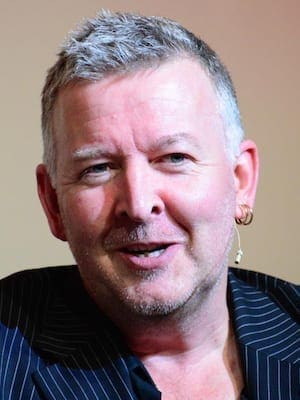I switched on the news Tuesday morning to hear of the “presumed terrorist” attack at the Berlin Christmas market.
My immediate thoughts were as follows:
The Christmas market is so much a traditional part of German culture and tradition; here in the Netherlands I have had Dutch friends say that the German Christmas markets are the best.
It is a market but also a Christmas market and so related to the historic Christian faith of much of Germany.
I mention both of these things because they indicate perhaps something of the symbolic cultural significance of this event in addition to the painful and heartbreaking human tragedy and loss.
I immediately thought of colleagues in Berlin based in the German Baptist Union and the Baptist Theological Seminary in Elstal.
We at the International Baptist Theological Study Centre Amsterdam prayed for them even as they too met to pray.
This event presumably represents the violence of extremism and will encourage similar responses.
In churches at Christmas, we will speak of “peace,” but the danger is that we speak “peace, peace” when there is no peace and reduce the message to vacuous wishful thinking (see Jeremiah 6:14; Ezekiel 13:10).
Peace cannot be wished; it has to be worked at to be achieved.
Here the initiatives of “just peacemaking” as advocated not least by the late Glen Stassen in the tradition of Martin Luther King Jr. come to mind as expressions of “tough minds and tender hearts” (to paraphrase King).
I cannot help but think that at times as the Christian church wastes its time looking for an identity and purpose and cause and role – that it has one staring in its face.
One, however, that is so demanding and truly countercultural that it cannot embrace the sheer call of the one whom we hail as the Prince of Peace.
Stuart Blythe is rector of International Baptist Theological Study Centre in Amsterdam, Netherlands. A version of this article first appeared on his blog, Politurgy, and is used with permission. You can follow him on Twitter @StuartMBlythe.
Stuart Blythe is associate professor of the John Gladstone Chair in Preaching and Worship at Acadia Divinity College, Nova Scotia.

